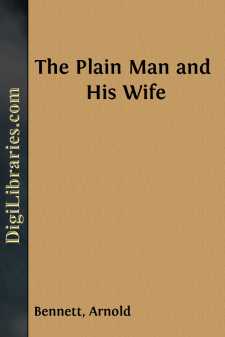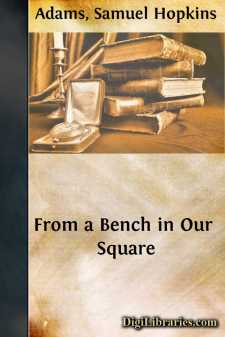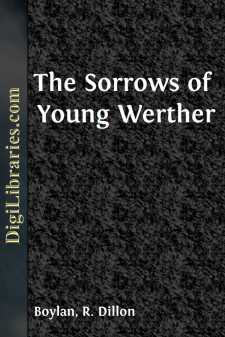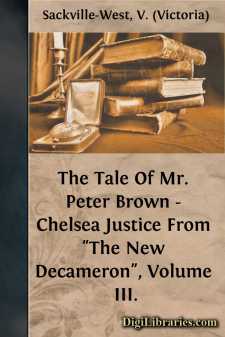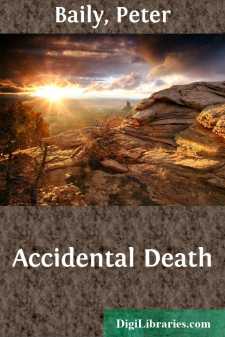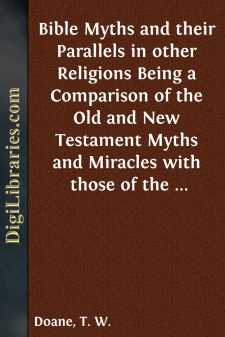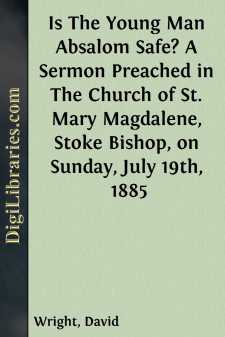Categories
- Antiques & Collectibles 13
- Architecture 36
- Art 48
- Bibles 22
- Biography & Autobiography 816
- Body, Mind & Spirit 145
- Business & Economics 28
- Children's Books 18
- Children's Fiction 14
- Computers 4
- Cooking 94
- Crafts & Hobbies 4
- Drama 346
- Education 58
- Family & Relationships 59
- Fiction 11831
- Foreign Language Study 3
- Games 19
- Gardening 17
- Health & Fitness 34
- History 1378
- House & Home 1
- Humor 147
- Juvenile Fiction 1873
- Juvenile Nonfiction 202
- Language Arts & Disciplines 89
- Law 16
- Literary Collections 686
- Literary Criticism 179
- Mathematics 13
- Medical 41
- Music 40
- Nature 179
- Non-Classifiable 1768
- Performing Arts 7
- Periodicals 1453
- Philosophy 66
- Photography 2
- Poetry 897
- Political Science 203
- Psychology 45
- Reference 154
- Religion 516
- Science 126
- Self-Help 86
- Social Science 82
- Sports & Recreation 34
- Study Aids 3
- Technology & Engineering 59
- Transportation 23
- Travel 463
- True Crime 29
Sort by:
by:
Isaac Watts
My Dear Young Friends, Whom I am constrained to love and honour by many Obligations. It was the generous and condescending Friendship of your Parents under my weak Circumstances of Health, that brought me to their Country-Seat for the Benefit of the Air; but it was an Instance of most uncommon Kindness, to supply me there so chearfully for two Years of Sickness with the richest Conveniences of Life....
more...
by:
Arnold Bennett
I - ALL MEANS AND NO END I The plain man on a plain day wakes up, slowly or quickly according to his temperament, and greets the day in a mental posture which might be thus expressed in words: "Oh, Lord! Another day! What a grind!" If you ask me whom I mean by the plain man, my reply is that I mean almost every man. I mean you. I certainly mean me. I mean the rich and the poor, the successful...
more...
by:
Anonymous
John-ny Wil-son and Ned Brown were play-ing at ball one day, and the ball hit John on the hand: he was ve-ry an-gry, and ran af-ter Ned and beat him ve-ry hard. Just then, a man came by and gave John a box on the ear which made him let go of Ned, and he be-gan to cry. Then the man said, “You beat that lit-tle boy and for-get how you hurt him, but you do not like it your-self." Then John was...
more...
A PATRONESS OF ART I Peter (flourish-in-red) Quick (flourish-in-green) Banta (period-in-blue) is the style whereby he is known to Our Square. Summertimes he is a prop and ornament of Coney, that isle of the blest, whose sands he models into gracious forms and noble sentiments, in anticipation of the casual dime or the munificent quarter, wherewith, if you have low, Philistine tastes or a kind heart,...
more...
by:
R. Dillon Boylan
MAY 4. How happy I am that I am gone! My dear friend, what a thing is the heart of man! To leave you, from whom I have been inseparable, whom I love so dearly, and yet to feel happy! I know you will forgive me. Have not other attachments been specially appointed by fate to torment a head like mine? Poor Leonora! and yet I was not to blame. Was it my fault, that, whilst the peculiar charms of her sister...
more...
THE first thing which attracted my attention to the man was the shock of white hair above the lean young face. But for this, I should not have looked twice at him: long, spare, and stooping, a shabby figure, he crouched over a cup of coffee in a corner of the dingy restaurant, at fretful enmity with the world; typical, I should have said, of the furtive London nondescript. But that white hair startled...
more...
by:
Robert Sheckley
id the Pilot slowed the ship almost to a standstill, and peered anxiously at the green planet below. Even without instruments, there was no mistaking it. Third from its sun, it was the only planet in this system capable of sustaining life. Peacefully it swam beneath its gauze of clouds. It looked very innocent. And yet, twenty previous Grom expeditions had set out to prepare this planet for...
more...
by:
Peter Baily
he wind howled out of the northwest, blind with snow and barbed with ice crystals. All the way up the half-mile precipice it fingered and wrenched away at groaning ice-slabs. It screamed over the top, whirled snow in a dervish dance around the hollow there, piled snow into the long furrow plowed ruler-straight through streamlined hummocks of snow. The sun glinted on black rock glazed by ice, chasms and...
more...
by:
T. W. Doane
INTRODUCTION. The idea of publishing the work here presented did not suggest itself until a large portion of the material it contains had been accumulated for the private use and personal gratification of the author. In pursuing the study of the Bible Myths, facts pertaining thereto, in a condensed form, seemed to be greatly needed, and nowhere to be found. Widely scattered through hundreds of ancient...
more...
by:
David Wright
SERMON. 2 Samuel xviii. 29. "IS THE YOUNG MAN ABSALOM SAFE?" The touch of nature comes out strongly here. And it is this touch of nature appearing always in the Old Testament stories which gives to them their reality. The writer of ordinary histories has for the most part his favourites. These are the heroes of his imagination, and the history of their doings is unconsciously tempered by this...
more...



